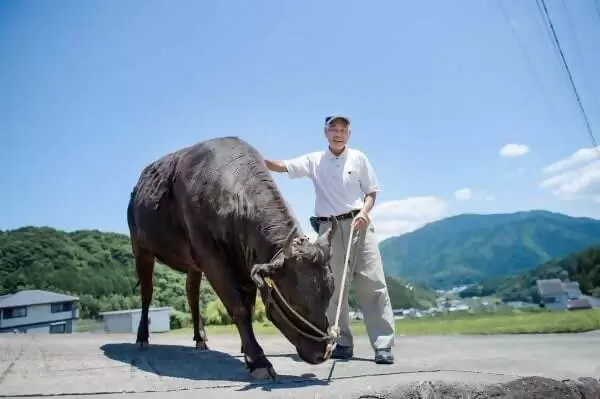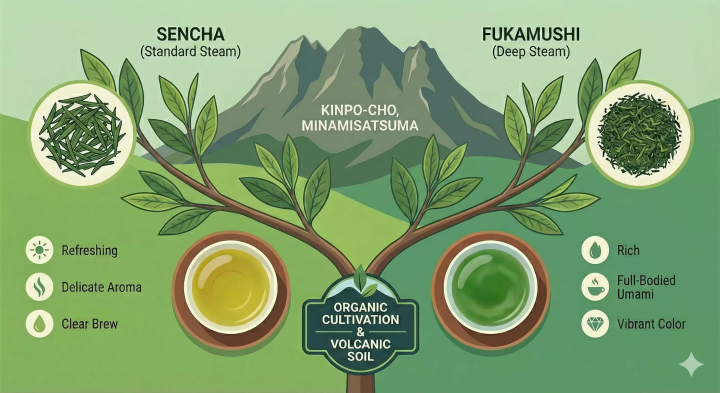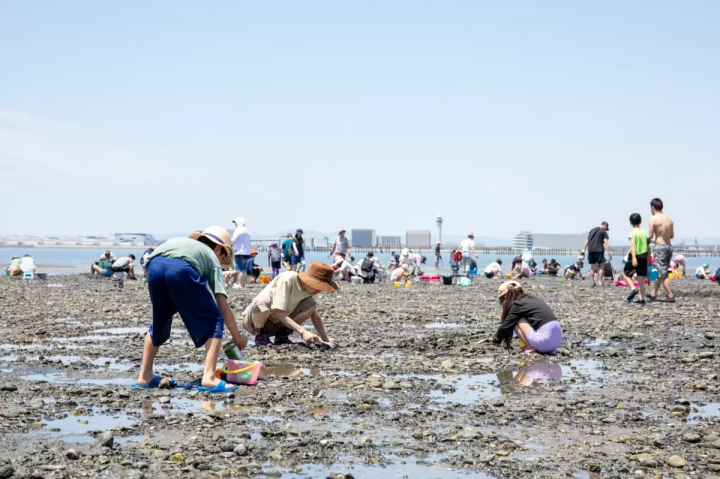Japan’s Obon Season: Festivities, Summer Holiday, and Customs

Obon is a summer holiday season in Japan when ancestors revisit home from the afterlife. In this article, we delve into the Obon season, festivities and customs, and the Obon public holiday in companies.
Japan's Obon Festival
Obon is a summer event celebrated by the Japanese to pay respects to their ancestors. It’s believed that ancestral spirits return to this world during this time. The event is formally named Urabon-e.
Various traditional customs and events take place during the Obon season such as a visit to the family grave. As employees in Japan will take time off, many companies are closed for the Obon holiday.
In this article, we go into detail about the Obon season, the “Obon holiday” as a public holiday, and what there is to do during Obon.
Guide to Japan's Obon Holiday
1. Obon Festival Dates
2. Are Post Offices and Banks Closed During Obon?
3. Obon Customs: Offerings, Fires, Grave Visits
Obon Festival Dates
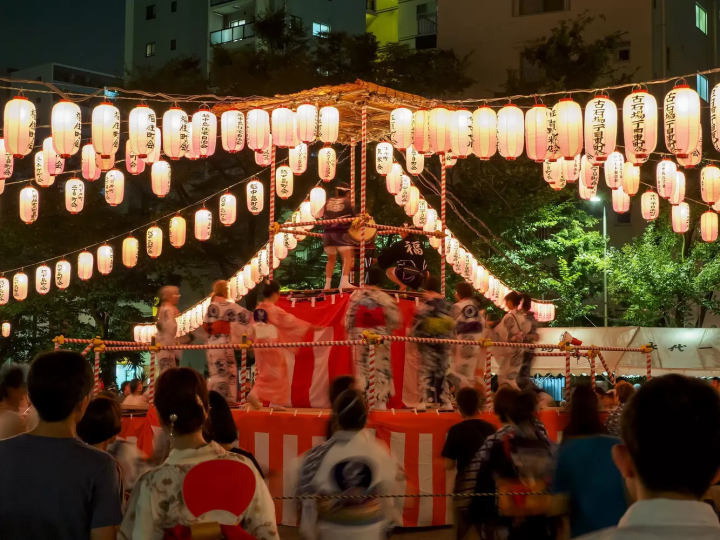
Photo by Pixta
Obon usually takes place between August 13 and August 16.
This, however, will vary by region. Areas such as Tokyo, Ishikawa, and Shizuoka celebrate Obon over four days from July 13 to July 16, while Okinawa Prefecture celebrates the festival from July 13 to July 15 based on the lunar calendar (this falls between mid-August to early September).
In ancient times, Obon was celebrated around July 15th on the lunar calendar. However, the holiday was moved to August 15th in many regions when the Gregorian calendar was adopted during the Meiji period as July 15th on the new calendar overlapped with the busy farming season.
Are Post Offices and Banks Closed During Obon?
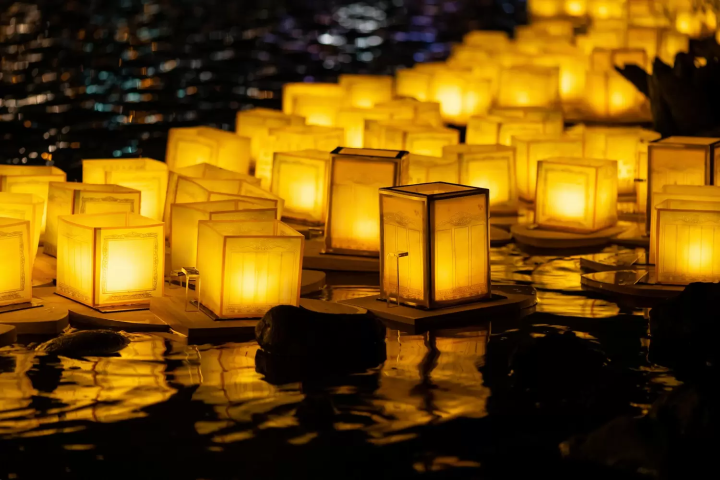
Photo by Pixta
Most corporations and businesses in Japan have established the Obon holiday as part of their holiday schedule. This holiday lasts from three days to a week around mid-August to coincide with the Obon season.
The Obon holiday is said to have originated from Yabuiri, a holiday that allowed live-in servants who worked in merchant homes to return home to visit their families.
In recent years, many corporations prefer not to use the term “Obon holiday.” Instead, they refer to it simply as summer vacation or summer break, which allows for flexibility in taking time off outside of mid-August (By the way, MATCHA also calls it “summer break.”)
Do note that some restaurants may be closed during the Obon holiday season. However, financial institutions like post offices and banks will operate as usual.
Obon Customs: Offerings, Fires, Grave Visits
During the Obon season, various preparations are made to ensure our ancestors safely return to this world and can then peacefully return to the afterlife.
August 12: Preparing to Welcome Ancestors
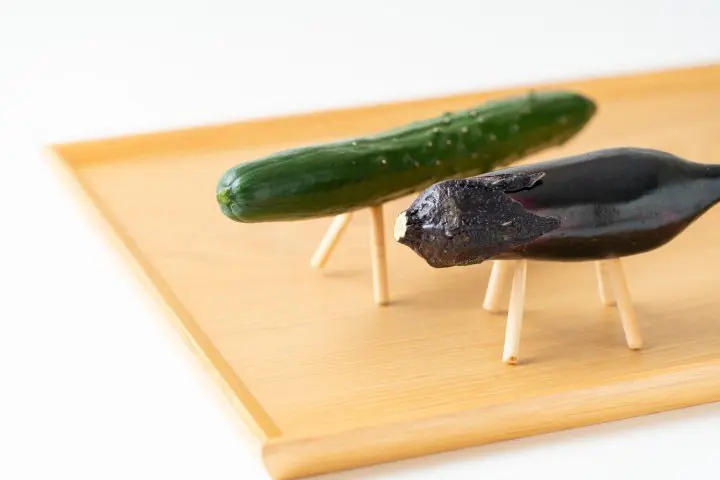
Photo by Pixta
First, on the day before Obon begins, we decorate our homes with offerings called “spirit horses” by inserting disposable chopsticks or toothpicks into cucumbers and eggplants.
The cucumber represents a horse, while the eggplant represents a cow. This symbolizes the wish for “the deceased to swiftly return to this world riding a horse, and then slowly return to the afterlife riding a cow.”
August 13: Welcoming Fire
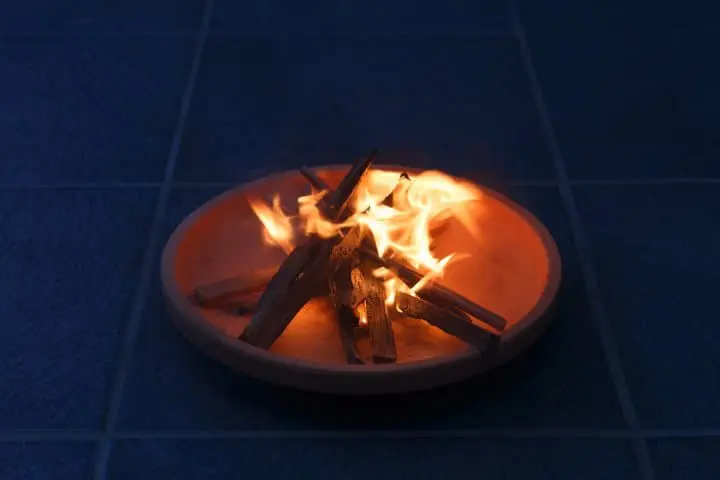
Photo by Pixta
On the 13th, the day Obon begins, hemp stems called ogara are folded, stacked, then burned in a fire.
It’s believed that our ancestors return to this world riding on the smoke from this fire. The smoke ensures they can find their way home without losing their way, serving as a sort of signpost.
August 14 and 15: Family Grave Visits
Mainly during this season, many families will gather to visit the family graves together. To honor their ancestors, they clean their graves, offer fresh flowers, light incense, and pour water as offerings.
Afterward, family and relatives gather to eat and spend time together. It’s a precious time for everyone to reflect on their lost loved ones in their own way.
August 16: Sendoff Fire
The final day of Obon. On this day, we bid farewell to our ancestors once more. Similar to the welcoming fire on the first day, we light ogara on fire to safely send them back to the afterlife, riding on the smoke.
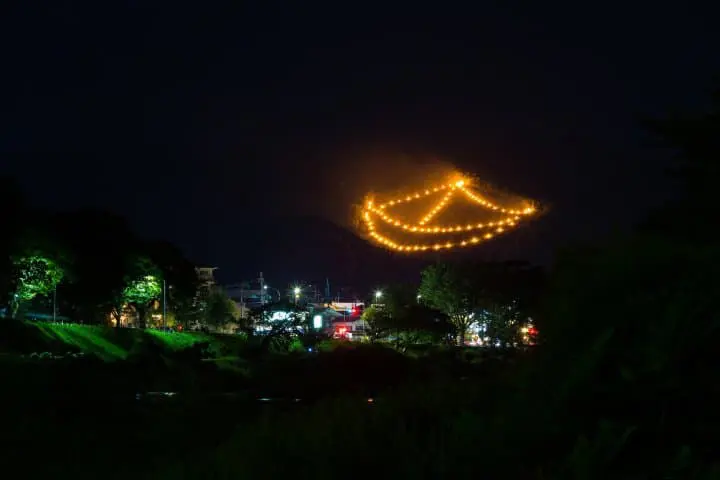
Photo by Pixta
In Kyoto, the famous Gozan no Okuribi, known for its large bonfires shaped like the Japanese character “dai” or a torii gate, is held annually during this season. The flames that rise into the summer night sky are synonymous with summer in Kyoto.
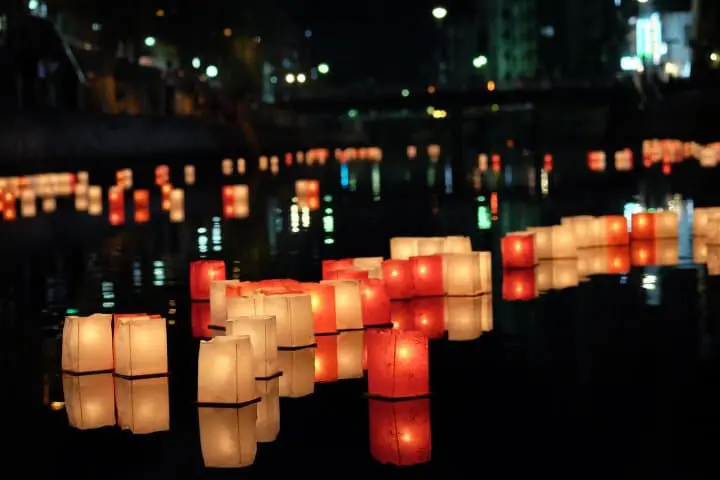
Photo by Pixta
In some regions, a traditional event called Shoro Nagashi, or Lantern Floating Ceremony, is held. This is a type of sendoff fire where flowers and offerings are floated on the ocean or river to send off the spirits of loved ones.
We bid farewell once again to our ancestors who have returned temporarily to this world, creating a slightly poignant atmosphere. However, you’ll also be able to witness an enchantingly beautiful sight.
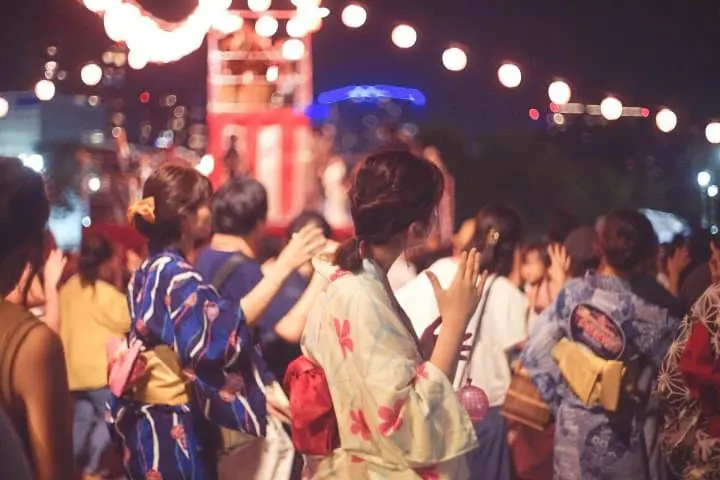
Picture from Japan's Seasons In Photos: August - A Time Of Festivals
You can’t forget about Bon Odori, or Bon Dance, during Obon. This dance is performed to honor and welcome the spirits of the deceased who have returned to this world. Nowadays, its religious significance has faded and has become a fun and entertaining event.
Read also
Frequently Asked Questions
When is Obon in August?
Obon usually takes place between August 13 to August 16 throughout Japan. However, this will vary by region. Areas such as Tokyo, Ishikawa, and Shizuoka celebrate Obon over four days from July 13 to July 16.
Why is Obon celebrated in July and August?
Obon was originally celebrated on July 15th on the lunar calendar. However, the holiday was moved a month later in many regions when the Gregorian calendar (solar calendar) was adopted during the Meiji period as July 15th on the new calendar overlapped with the busy farming season. On the other hand, some regions continue to observe Obon on July 15th, causing variations from region to region.
What should I not do during Obon?
During Obon, it is advised to refrain from pastimes that involve taking the lives of living creatures, such as fishing. Additionally, bodies of water are considered the “boundary between this world and the afterlife,” with some areas even advising against approaching them during this time.
When should I take down the offerings on the altar?
It is advised to take down food offerings before they spoil and enjoy them together with your family. However, for daily food offerings that are changed every day, it is best to remove them by evening if they were offered in the morning.
Should I not register my marriage during Obon?
As Obon is a period for honoring the spirits of ancestors, it is best to avoid registering your marriage, holding a wedding ceremony, and other celebratory events.
Honoring the Spirits of Lost Loved Ones
If you think about it, Obon is actually a very sad event. However, by remembering our loved ones through Obon, you might find that memories and moments you have forgotten until now will begin to resurface.
During the Obon season, many families and relatives who are usually scattered across the country come together under one roof. Bon dance festivals are also held in various places. Obon in Japan is not only a time of sadness, but also a time for liveliness and festivities.
Please spend meaningful moments together as a family while remembering those who have passed away and sharing stories from the past.
Read also
Main image by Pixta.
This article is a rewritten version of an article published in August 2014.
旅行と写真が好き。 バックパッカーの旅を通して、日本の素晴らしさを再確認。 もっと多くの人に日本の文化や美しさを知ってもらうために、日本の魅力を発信中。













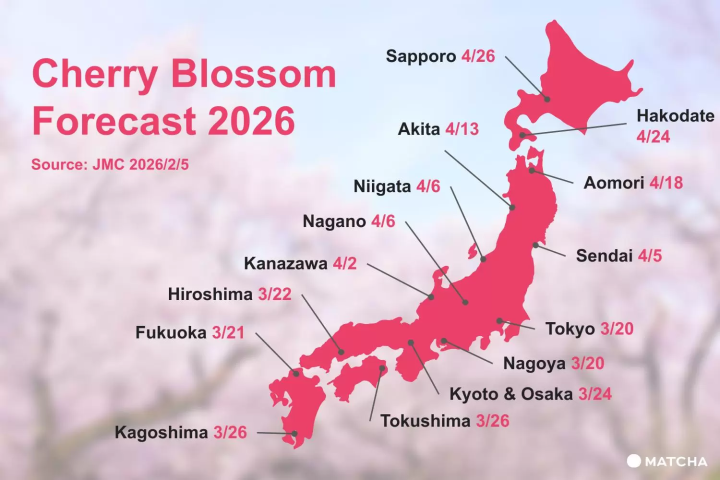





























![[Kagoshima] Overcoming 12 Years of Hardship: Walking through Minamisatsuma City, the sacred land where the monk Ganjin landed](https://resources.matcha-jp.com/resize/720x2000/2026/02/21-259481.webp)
